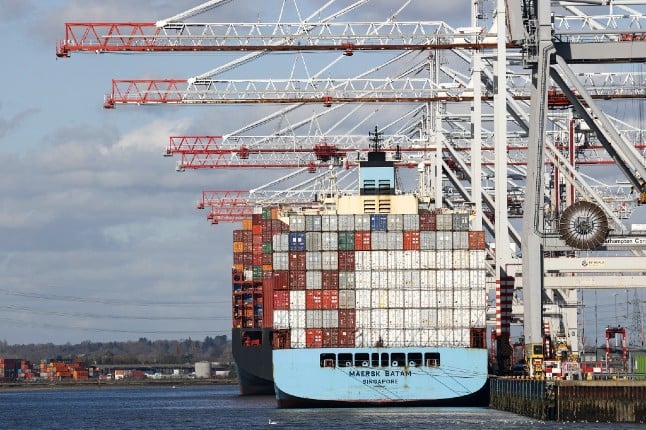In April the government launched an inquiry into the issue of whether Swedish vessels could make use of armed guards to protect themselves.
But following its own internal investigation, Wallenius has decided to act to hire security staff, armed with assault rifles, to help protect ships as they pass the horn of Africa.
“This is no development which we would have liked to see, but we have unfortunately felt forced to act,” said Peter Jodin, maritime safety manager at the shipping company, to Sveriges Radio’s Ekot news programme.
The Swedish Shipowners’ Association (Sveriges Redareförening) expressed their support for Wallenius’ position on Friday.
“This method is unfortunately the best available and I fully understand that they have done so,” said association president Håkan Friberg.
Friberg added that security matters are currently a decision for the shipping lines themselves.
“It’s entirely up to the shipping companies today, they make an assessment based on the safety of the crew and the security of cargo owners,” he said.
The association changed position on the issue last winter following a series of brutal attacks on vessels passing the coast of Somalia, choosing to align themselves with companies wanting to hire armed security forces.
The issue was at the same time placed under review by the government and infrastructure minister Catharina Elmsäter-Svärd described the matter as a priority, but since then there has been no clarity on the matter.
“We have not received any clear answers to the questions we have posed so far,” Håkan Friberg said.
Rival Swedish shipping line, Stena Bulk, began deploying armed guards on vessels entering the hazardous area over six months ago.
“We chose early on to do so and were among the first shipping companies in the world to take the decision,” said Stena Bulk CEO Ulf Ryder.
As soon as a vessel is set to enter a sensitive area, security personnel are dispatched to the ship.
“Much like a load being placed on board,” Ryder explained.
Ulf Ryder said that to date its security staff have not been called upon to use their weapons.
“The ships are also equipped with barbed wire and large signs that state ‘Armed Response’ in Somali, in other words that we have weapons on board.”
Stena Bulk’s vessels are all foreign flagged.



 Please whitelist us to continue reading.
Please whitelist us to continue reading.
Member comments